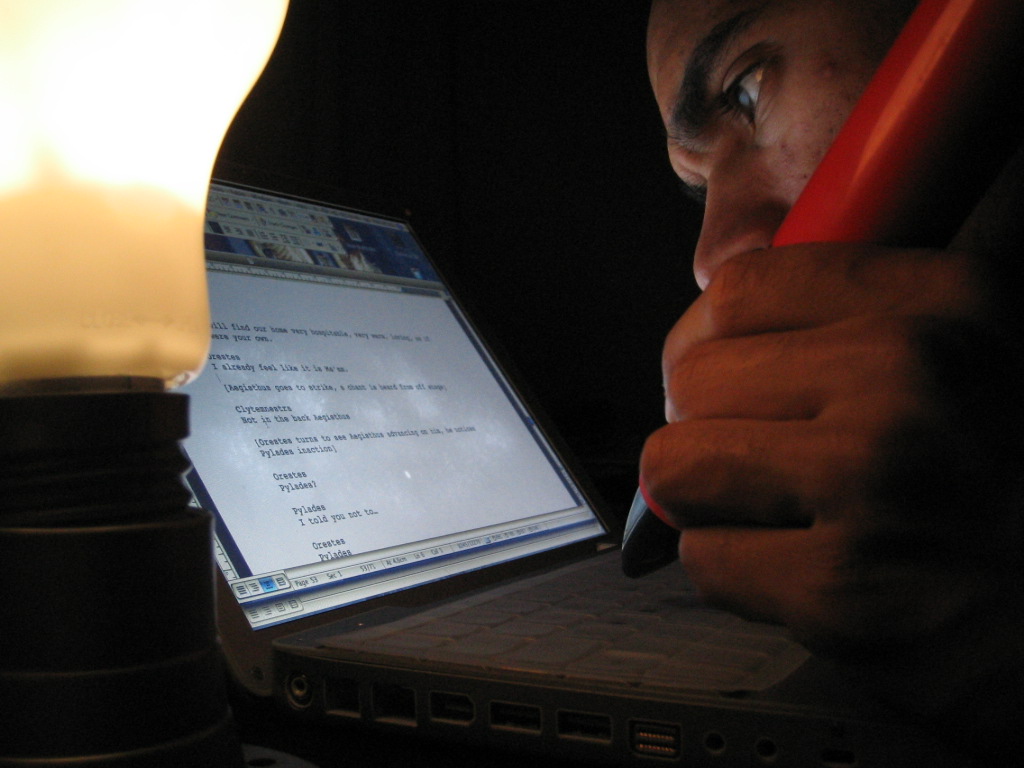A question that is often asked of playwrights is “Do you plan your play or do you just write?” I am sure there as many responses to this question as there are writers – but since this was asked of me recently I thought I’d give you my tuppence worth.
When I first started out I definitely did not plan – I enjoyed and still do enjoy the thrill of going full steam ahead into a piece of writing and the excitement of not knowing where you’ll end up. However there are issues with this technique, it is no friend of plot! As I would often discover halfway through when the original steam had run out and I was left wondering “What happens now?”
I always had an aversion to planning, feeling that it would somehow stultify the writing process. What I have since found, however, is that when done correctly, planning can enhance the discovery of the unknown. I’m by no means a planning purist but I certainly need an outline before I can write a scene and what I have found is that as a scene develops the plan will change!
My studio is littered with index cards and various means of attaching them to things, from wires, to bull dog clips to blu tac to pins. I start with a rough outline of how the play will develop following the main “wants” of the characters and track how these “wants” play out along with any sub-plots. Invariably I find that as each scene that is written it changes the plan both ahead of it and behind it often drastically so! You may ask “What’s the point of a plan if its going to change” to which I would say that the plan allows you the ability to change and gets you to a point where you can confidently make that change.
I am currently researching the cultural history of the city for a play that will go into R&D (Research and Development) later this month. I have created several plans for this piece each building on the last but none were quite right until the scenes started to take shape. It is at this crucial point that the theory becomes reality, would that character do that thing? Is that high point really a high point when played out? Is there something more interesting that could be done? Does the character say something you did not expect?
In my process the play only becomes real once the scenes take ownership of the plan and divert it to their own course, come alive and tell you what they need and want. To my pleasure I have found that this dual way of working provides all the thrill that originally got me into writing in the first place and adds to it a focus, a direction. It is tantamount to the difference between reading a guide book and actually visiting a place – without the guide book you wouldn’t know where to go, but until you go there you won’t know what’s going to happen!
